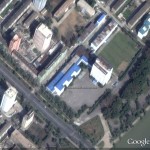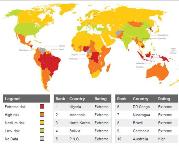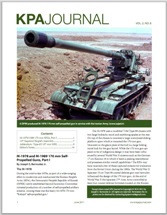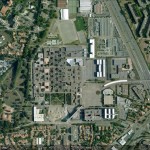Institute for Far Eastern Studies (IFES)
2011-11-23
North Korea has reportedly stopped coal export temporarily to manage fuel shortage during the winter season.
According to Chinese traders from Shenyang, their North Korean trade counterparts informed them that they recently received official orders from the government to stop exporting coal. Except for those orders previously received, coal from North Korea will not be leaving the country for the time being.
The export volume of coal has continuously increased this year, consequently causing a domestic shortfall in the supply of coal. In fear of power and fuel shortages for the winter season, North Korea is believed to be taking precautionary measures to preserve energy supply, especially with hydroelectric power generators not in operation.
From this year, North Korea has drastically increased coal export to China. From January to July, China has imported about 816,700 tons of North Korean anthracites, nine times more than the previous year. Anthracites made up 46.3 percent of the all the exports to China.
The amount of North Korean anthracites that entered China via Donggang Port (located in Dandong City, Liaoning Province) reached over 77.7 million USD. The city of Dandong is located across from Sinuiju. Separated by the Amnok River (Yalu River), it is the trade hub between China and the DPRK, with over 70 percent of total bilateral trade taking place in the city, as anthracite coal as the main object of trade.
With the international price of coal on the rise and operation of hydroelectric power plants in decline, dependence on thermoelectricity is growing, which explains the recent climb in China’s anthracite import.
Toughened international sanctions and halted trade with South Korea has made North Korea turn to natural resource trading with China to bring in hard currency.
In August 2009, North Korea halted coal exports when it was faced with extreme power shortage. However, coal trade was resumed the following April.
Massive amounts of coal were exported to China to earn foreign currency, but this has created serious energy shortage affecting the operations of factories and other industrial facilities.
During the field guidance visit to the February 8 Vinalon Complex, Kim Jong Il emphasized that “Raw materials must be adequately supplied to normalize the production of factories.”
However, most North Korean traders agreed that such suspension would not be prolonged for a lengthy period, since North Korea, who is heavily dependent on mined resource exports including coal and steel, cannot afford to enforce a trade embargo for long. Many expect the trade to resume by next spring.






